Six Dietary Sources of DHA
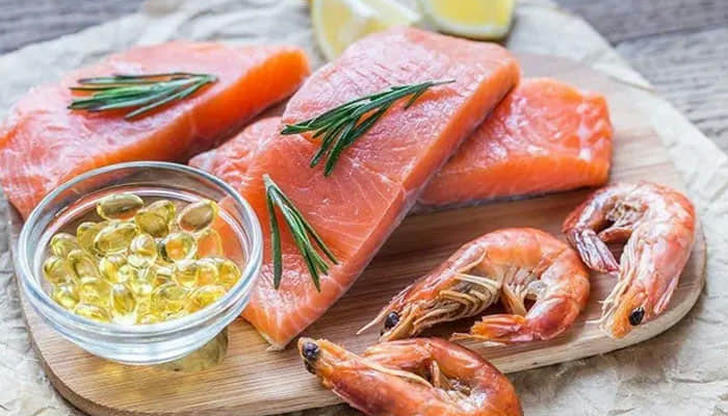
As research has been demonstrating the importance of DHA, foods fortified with DHA are becoming increasingly available making it easier to include in your daily diet. How much DHA do you consume? How much DHA should you consume? Where we can get much DHA? Several expert bodies around the world have made recommendations for DHA intake among various populations.
DHA is mainly found in seafood, such as fish, shellfish, and algae. Some certain types of fish and fish products are excellent sources, supplying up to several grams per serving. These include mackerel, salmon, herring, sardines, and caviar.
All other sources should be considered safe and healthy as long as they are fresh and well prepared, containing a lot of DHA components. According to some researches, there are more that 200 foods high in DHA fats or omega 3 fats. Here we list some products which may help you a lot.
Algae
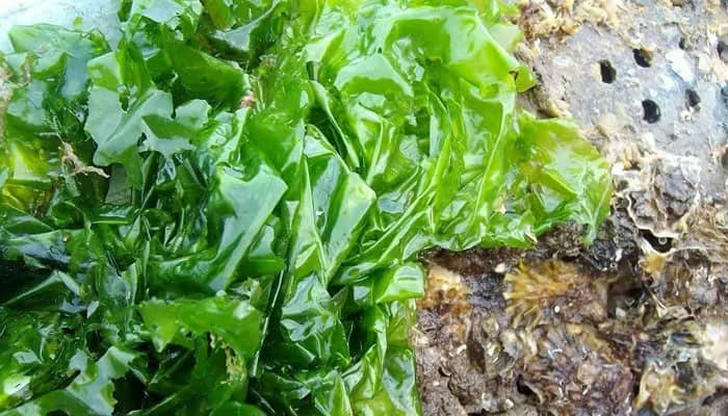
Some certain algae are natural sources of DHA and EPA. These two kinds of omega-3 fats are essential for your health. It has been long believed that the fish produce their own DHA and EPA, however, it’s the algae in their food chain that makes them a rich source of these omega-3s.
If you don’t eat fish, or can't tolerate the taste or aftereffects of fish oil, algae oil is a better choice, due to its plant-based source of EPA and DHA.
What’s more, there is another DHA called life's DHA. It is produced from algae and is a natural vegetarian source of DHA. In addition, it has added to the vast majority of infant nutrition products or in dietary supplements, foods and beverages.
Fatty fish
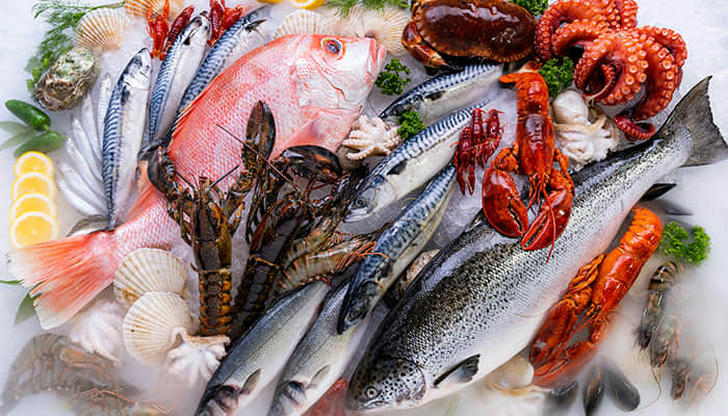
Almost all seafood contains two kinds of omega-3 fatty acids- DHA and EPA. The cooked salmon is an especially good DHA and EPA source with 1.24 and 0.59 grams, respectively. Another large fish like foraging fish, has some of the highest levels of EPA and DHA omega-3s. This group includes herring with 1.71 grams per 3-ounce serving and canned sardines with 1.19 grams.
Except for these fish, there are other fishes like anchovies, herring, mackerel, tuna and halibut. The Japanese people take too much of fatty fish making them have lower risk on many disease, especially cardiovascular health.
Eggs

It has found that all eggs contain some omega-3 fats from the chickens' natural feed, and new eggs contain more amount of DHA.
DHA fortified foods, beverages and supplements
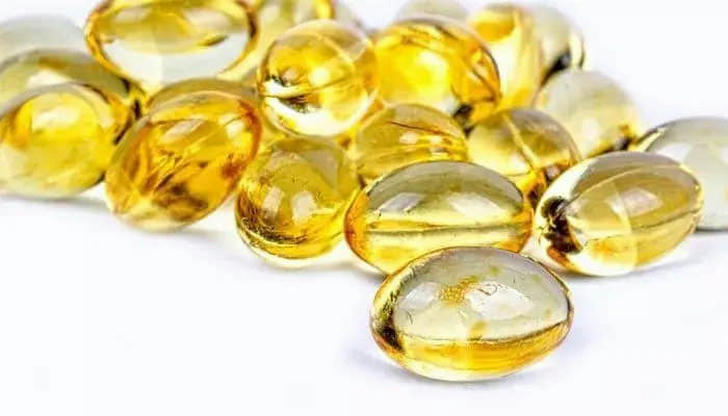
Recently more and more products are sold in market with DHA. Those who want to supplement with DHA will have more choices. When shopping , you can check carefully about its components.
Flaxseed oil
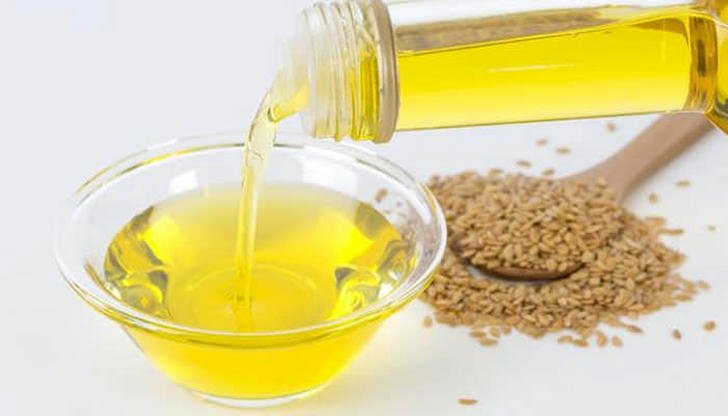
Flaxseed oil contains both omega-3 and omega-6 fatty acids, and is also a source of alpha-linolenic acid - ALA, a precursor of DHA, which are all needed for people’s health. However, it could produce very less of these fatty acids or DHA, so it is best to consume DHA directly from some enriched products.
It is worth mentioning that flaxseed oil has a low smoke point, and cooking with it can improve the nutritional content and may release harmful compounds.
Walnuts
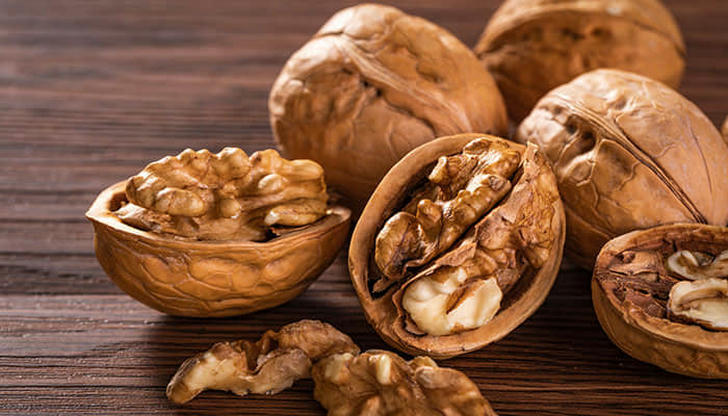
Walnuts are rich in many nutrients, and they are a source of ALA. Recently people are confused if walnuts contain any DHA. As we can know that ALA could convert to DHA to some extend. Thus, according to some newest researches, its nutrition equivalents to fish oil or algae oil with respect to omega-3 content. So it is also a natural DHA.
Overall, try adding a mix of these six foods to your diet to ensure a healthy balance of essential fats.

